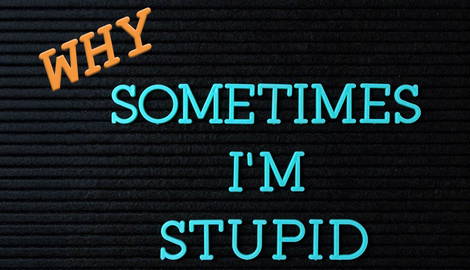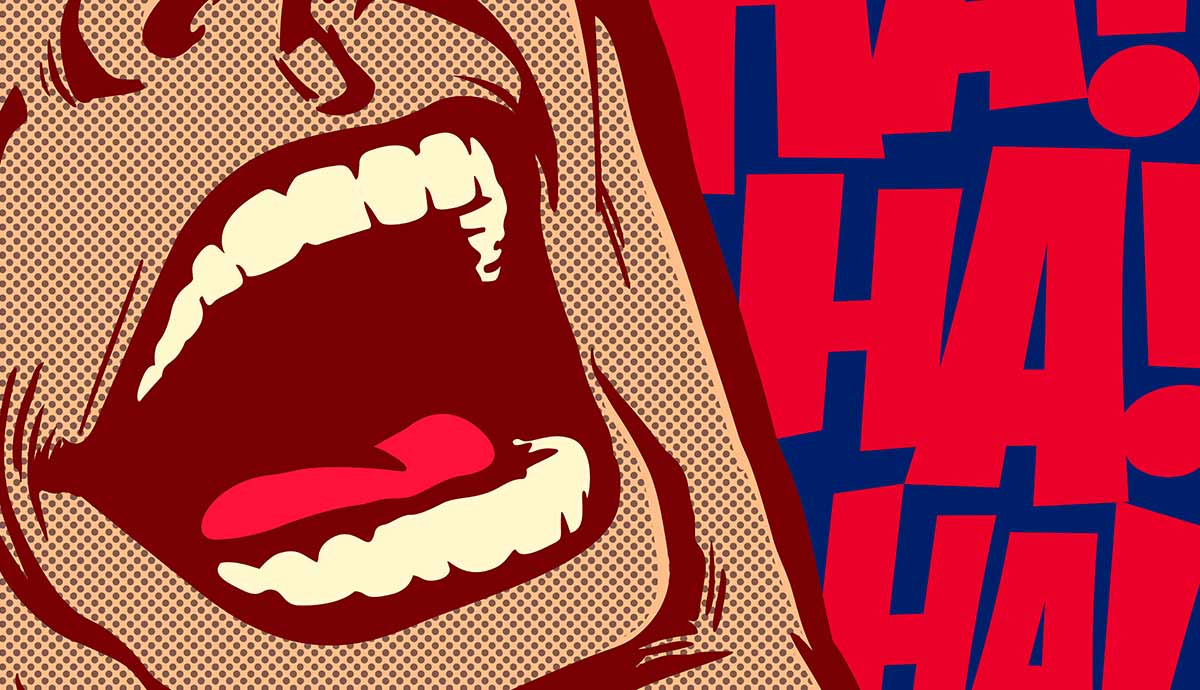
Have you ever wondered why stupidity is a globally condemned trait? Dietrich Bonhoeffer argued that stupidity is more dangerous than evil itself! But what does it mean to be stupid? And why is stupidity considered such an odious and threatening quality? Bonhoeffer’s answers to these questions in Letters and Papers From Prison will undoubtedly surprise you.
Is Stupidity the Same as Ignorance?

Stupidity is not the same as ignorance. An ignorant person is one who lacks knowledge or information. We are all born ignorant, and become less so as we gradually acquire knowledge from our experiences and education. Ignorance is a quality we will always have to varying degrees, for the very simple reason that nobody can know everything about everything.
Stupidity, however, is not a lack of knowledge but a willful and stubborn resistance to knowledge. It is not an intellectual failure, but a moral one. As Dietrich Bonhoeffer argued, “There are human beings who are of remarkably agile intellect yet stupid, and others who are intellectually quite dull yet anything but stupid” (Bonhoeffer, 1951). Ignorance can be addressed through instruction, but stupidity cannot.
Stupidity: A Moral Failure

Stupidity is a moral failure because it is a conscious refusal to take responsibility for one’s own thoughts, opinions, and beliefs. Bonhoeffer discussed stupidity within a sociopolitical context. According to him, stupidity arises when individuals surrender their inner independence to groupthink. Instead of critically engaging with their reality, people characterized by stupidity uncritically adhere to collective and dominant ideologies propagated in their societies.
Bonhoeffer observed a direct relationship between the rise of political or religious power and stupidity in a society: “The power of the one needs the stupidity of the other” (Bonhoeffer, 1951). The overwhelming impact of rising power leads people to consciously, or semi-consciously, forego their intellectual autonomy. For this reason, he held that “only an act of liberation, not instruction, can overcome stupidity” (Bonhoeffer, 1951).
Why Stupidity Is More Dangerous Than Evil

Stupidity is more dangerous than evil because it makes one immune to reason, vulnerable to manipulation, and unwittingly complicit in malice. An evil person is not necessarily deprived of autonomy. They think and act deliberately, aware of the harm they are inflicting. They can be reasoned against, exposed, or even prevented through force. A stupid person, however, is a puppet in the hands of a greater master, a “mindless tool, capable of any evil and at the same time incapable of seeing that it is evil” (Bonhoeffer, 1951).
The difference between evil and stupidity lies in autonomy and awareness. The evil person is free, but the stupid person is under the chains of someone else’s will. Stupidity is a sociopsychological disease. The person plagued by stupidity is “under a spell, blinded, misused, and abused in his very being” (Bonhoeffer, 1951). Evil can be countered, but against stupidity, we are defenseless.
The Relevance of Bonhoeffer’s Theory of Stupidity Today

Bonhoeffer’s theory of stupidity is timeless – so long as there is power, there will be stupidity.
Power relations mediate and govern the majority of our lives and decisions. In the 21st century, the most evident example of Bonhoeffer’s theory of stupidity is consumerism, which is largely sustained by groupthink and psychological manipulation. Likewise, the constant spread of propaganda and misinformation on social media platforms can make users susceptible to blind conformity, zealousness, and manipulation from interest groups.
While we’d rather consider ourselves free from the claws of stupidity, it wouldn’t hurt to question ourselves every now and then. We can ask ourselves, ‘In what area of my life did I surrender my inner freedom without paying attention?’, ‘What views do I maintain, either consciously or subconsciously, that I did not choose but uncritically accepted?’, or ‘What opinions and beliefs do I fear to question?’. By consistently checking in with ourselves, we can make sure to sustain our inner independence in the face of power.










